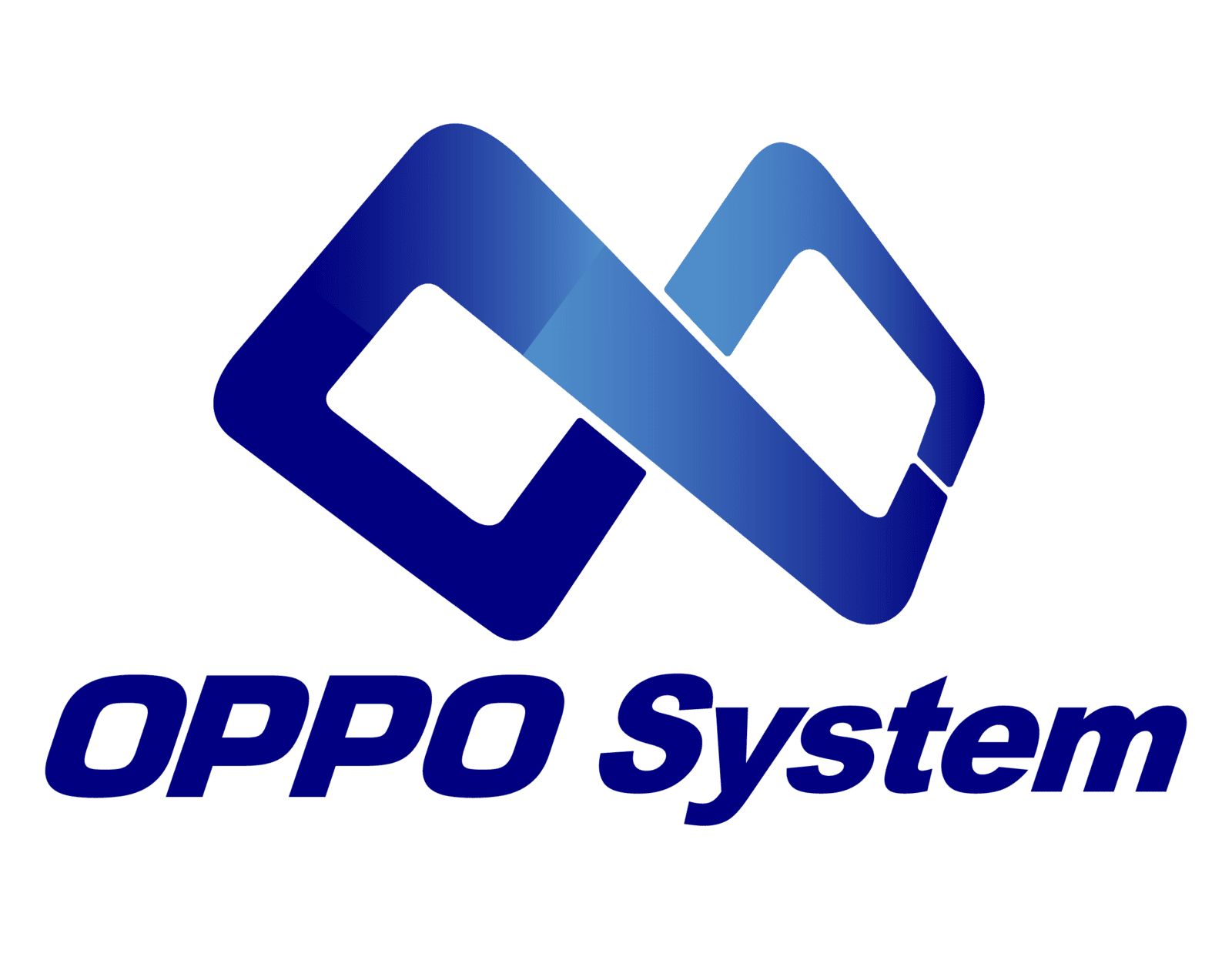Next Generation Firewall (NGFW)
NGFWs are designed to protect organizations from a wide range of threats, including malware, viruses, phishing attacks, and other cyber threats.
What's features and capabilities on NGFW?
Application awareness
Application awareness
NGFWs are application-aware, which means that they can identify and control the specific applications being used on the network. This allows organizations to enforce policies around application usage, such as blocking certain applications or limiting bandwidth usage.
Intrusion prevention
Intrusion prevention
NGFWs provide intrusion prevention capabilities, which means that they can detect and block attempts to exploit vulnerabilities in the network or applications.
Advanced threat protection
Advanced threat protection
NGFWs provide advanced threat protection capabilities, such as malware detection and prevention, sandboxing, and threat intelligence. This helps organizations protect against sophisticated cyber threats that traditional firewalls may not be able to detect.
URL filtering
URL filtering
NGFWs provide URL filtering capabilities, which means that they can block access to malicious or inappropriate websites.
Centralized management and reporting
Centralized management and reporting
NGFWs provide centralized management and reporting capabilities, which means that IT administrators can monitor and manage the firewall from a single console. This helps ensure that policies are enforced consistently across the network and enables IT teams to quickly identify and respond to potential threats.
Deep Packet Inspection
Deep Packet Inspection
NGFWs use Deep Packet Inspection (DPI) to identify and analyze network traffic at the application layer. DPI allows NGFWs to detect and block advanced threats, such as malware hidden within legitimate network traffic. User identity awareness: NGFWs are user identity-aware, which means that they can identify and control access based on user identity. This allows organizations to enforce policies based on user roles, such as blocking certain applications or websites for specific user groups.
User identity awareness
User identity awareness
NGFWs are user identity-aware, which means that they can identify and control access based on user identity. This allows organizations to enforce policies based on user roles, such as blocking certain applications or websites for specific user groups.
Virtual Private Network (VPN)
Virtual Private Network (VPN)
support: NGFWs often provide VPN support, which enables secure remote access to the network. This is especially important for organizations with remote workers or branch offices.
Integration with other security solutions
Integration with other security solutions
NGFWs can be integrated with other security solutions, such as Security Information and Event Management (SIEM) systems, to provide a comprehensive security posture. Integration with other security solutions helps organizations detect and respond to potential threats more efficiently.
